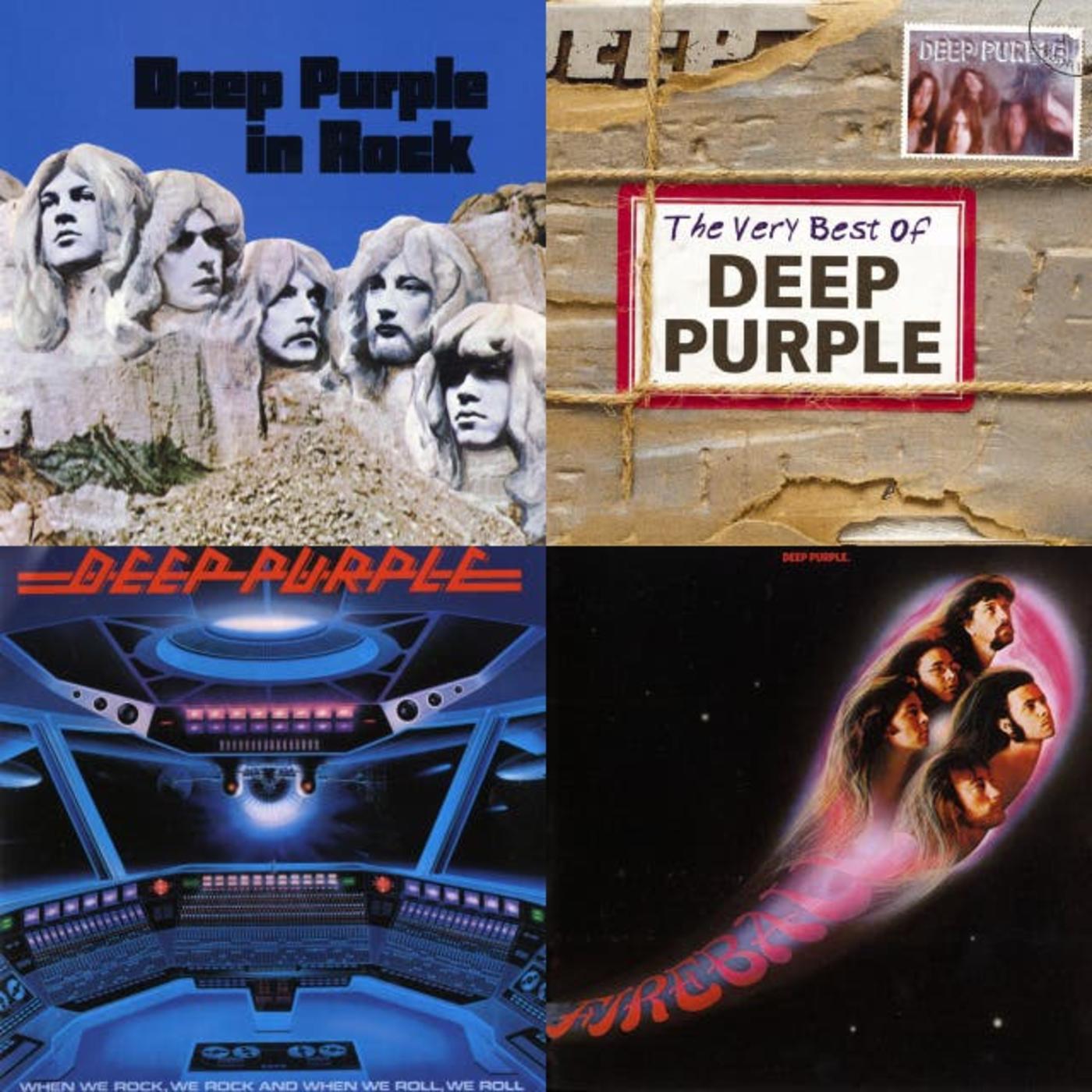Doing a 180: Deep Purple, Concerto for Group and Orchestra

Once upon a time, it was considered vaguely preposterous that rock ‘n’ roll and classical musical could ever be brought together successfully, but in 1969, Jon Lord of Deep Purple decided to prove them wrong, composing a concerto – with lyrics by bandmate Ian Gillan – and, along with their bandmates (Ritchie Blackmore, Roger Glover, and Ian Paice), performing it with the Royal Philharmonic Orchestra on September 24, 1969 at the Royal Albert Hall.
The end result of that performance, Concerto for Group and Orchestra, is now available once more, and on 180-gram vinyl, no less. The reissue mirrors the version which emerged on EMI in 2002, which is to say that it includes the entire program of music performed on September 24, 1969, rather than merely the concerto. The evening began with “Symphony No. 6, Op. 95,” composed by Malcolm Arnold, who also conducted the proceedings, after which the audience was favored with a trio of Deep Purple songs – “Hush,” “Wring That Neck,” and “Child in Time” – before moving on to the three movements of “Concerto for Group and Orchestra.” For an encore, the orchestra and company returned to perform parts of the third movement.
Widely considered to be the first full-fledged combination of a rock band with a complete orchestra, “Concerto for Group and Orchestra” was also performed with the Los Angeles Philharmonic in 1970, but at some point in the wake of that performance, the score was lost. As a result, 29 years would pass before composer Marco de Goeij recreated the score, leading to a second Royal Albert Hall performance in 1999, 30 years and one day after its original performance, this one sans Blackmore but with Steve Morse stepping in, along with guest vocalists Miller Anderson, Sam Brown, and the one and only Ronnie James Dio.
Now, though, you’ve got a chance to hear that original performance again, the one that earned Deep Purple considerable street cred in the classical circles. (Bet you never thought you’d read that sentence, did you?)

